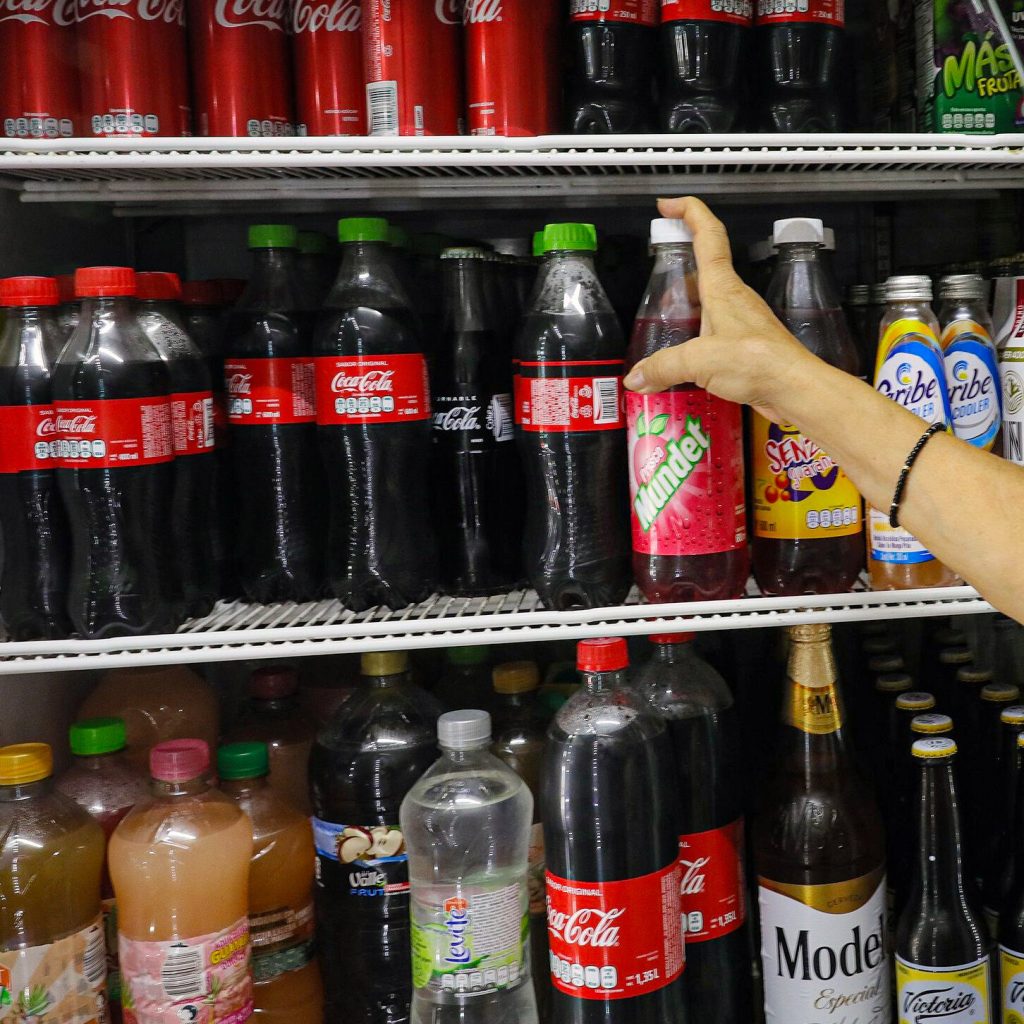U.N. Health Goals Weakened by Industry Pressure, Experts Say

The final recommendations on combating chronic illnesses, adopted by the World Health Organization (WHO), have been criticized by public health advocates for being watered down due to intense pressure from industries that stand to lose from stricter regulations. The guidelines, which aim to tackle the rising burden of non-communicable diseases (NCDs) such as heart disease, diabetes, and certain types of cancer, were expected to include strong measures to curb the consumption of unhealthy products. However, critics argue that the final version has been toned down to appease industries that have a vested interest in maintaining the status quo.
One of the most notable omissions is the removal of calls for taxes on tobacco, alcohol, and sweetened drinks, which are widely recognized as effective tools in reducing consumption and generating revenue for health programs. Advocates had pushed for the inclusion of these measures, citing the success of similar taxes in countries such as Mexico, which has seen a significant decline in sugary drink consumption since implementing a tax on them.
The influence of industry lobbying on the final recommendations is evident, experts say. “The WHO is supposed to be a champion of public health, but it seems that the organization has been swayed by the interests of industries that are more concerned with profits than people’s health,” said one critic. The removal of the tax proposals is seen as a major concession to these industries, which have long argued that such measures would be overly restrictive and ineffective.
The final recommendations do still include some strong measures, such as increasing physical activity and improving access to healthy foods. However, advocates argue that these measures are not enough to tackle the scale of the problem, and that more ambitious actions, such as taxes on unhealthy products, are needed to drive meaningful change.
The WHO has defended the guidelines, saying that they represent a “significant step forward” in the global response to NCDs. However, critics argue that the organization has missed an opportunity to take a bold stance on the issue and that the watered-down recommendations will have limited impact on the growing burden of chronic illnesses. As the global community continues to grapple with the challenges posed by NCDs, it remains to be seen whether the WHO will be able to regain its leadership position on the issue and push for more effective measures to protect public health.



